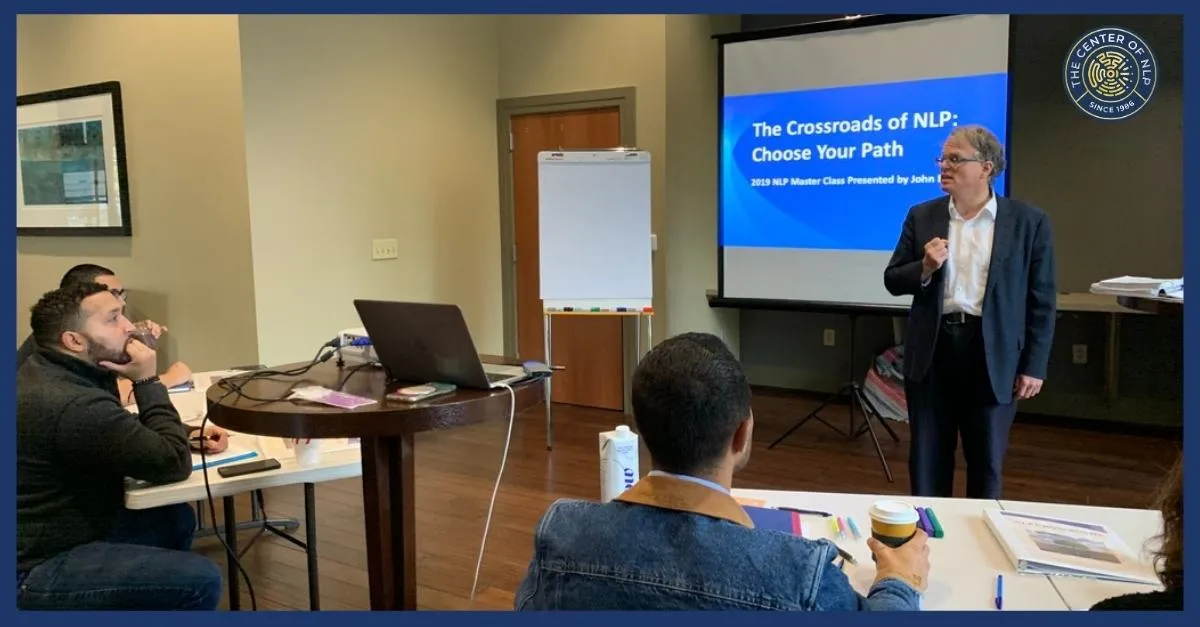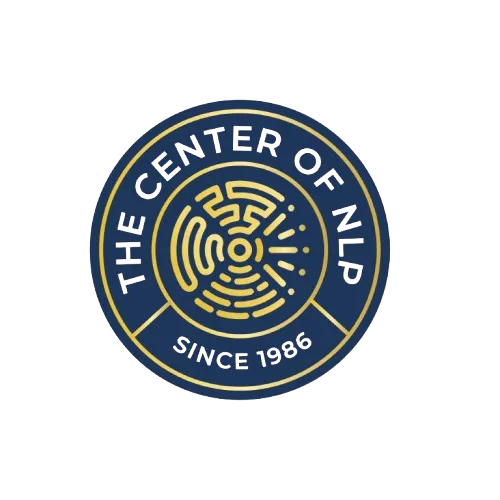
NLP Guide to Improve Mindset, Actions, and Results
In a world where communication is key, understanding the intricacies of how we perceive and interact with the world around us can be a game-changer. One powerful tool in this regard is Neuro-Linguistic Programming or NLP. This comprehensive guide will take you on a journey through the world of NLP, helping you understand its core principles, techniques, and real-life applications.
What is Neuro-Linguistic Programming (NLP)?
Neuro-Linguistic Programming, commonly known as NLP, is a versatile approach to personal development, communication, and psychotherapy. It was developed in the 1970s by Richard Bandler and John Grinder. NLP is based on the idea that there is a connection between neurological processes, language, and behavioral patterns learned through experience. By understanding and leveraging this connection, individuals can reshape their thinking and behavior to achieve desired outcomes.
The Three Core Components of NLP
Neuro:
This refers to the brain and its role in processing information from our senses. NLP recognizes that our experiences are filtered through our senses, and these sensory inputs affect our thoughts, emotions, and behaviors.
Linguistic:
Language is a fundamental element of NLP. It focuses on the words we use and how they shape our thoughts and actions. By changing our language and the way we communicate, we can alter our perceptions and behaviors.
Programming:
This element represents the behavioral patterns we develop over time. NLP aims to understand and modify these patterns to achieve personal growth and self-improvement.
NLP Techniques: Unleashing the Power Within
NLP offers a range of techniques that can help you unlock your full potential and lead a more fulfilling life. Let's explore some of the most influential ones:
1. Rapport Building
Rapport is the foundation of effective communication. NLP techniques can help you build and maintain strong rapport with others. By mirroring body language, matching tone of voice, and using similar language patterns, you can create a sense of connection and trust with people around you.
2. Anchoring
Anchoring is a technique used to associate a specific emotional state with a physical touch or a particular word. This can be used to trigger a desired emotional response. For example, if you anchor the feeling of confidence to a specific gesture, you can use that gesture to boost your confidence when needed.
3. Reframing
Reframing is the process of changing the way you perceive a situation. By shifting your perspective, you can transform a negative experience into a positive one. NLP encourages individuals to look at problems from different angles and find new, constructive meanings in challenging situations.
4. Swish Pattern
The Swish Pattern is an NLP technique used to break free from unwanted habits or behaviors. By creating a mental image of the undesired habit and then rapidly replacing it with a positive image, individuals can reprogram their subconscious mind and move away from self-destructive patterns.
5. Meta-Model
The Meta-Model is a linguistic tool in NLP that focuses on questioning and challenging distorted or vague language. By using precise language, you can clarify your thoughts, uncover hidden beliefs, and improve communication with others.
Real-Life Applications of NLP
Now that you have a basic understanding of NLP and its techniques, let's explore how this powerful tool can be applied in various aspects of life:
1. Personal Growth and Self-Improvement
NLP is a powerful tool for personal growth. It helps individuals identify limiting beliefs, reprogram their thought patterns, and set achievable goals. By using NLP techniques, you can unlock your potential and lead a more fulfilling life.
2. Communication and Relationships
Effective communication is at the heart of successful relationships. NLP techniques can help you improve your communication skills, understand others' perspectives, and resolve conflicts more harmoniously. Whether it's in your personal or professional life, NLP can enhance your ability to connect with others.
3. Business and Leadership
NLP is widely used in the business world to enhance leadership skills, improve team dynamics, and boost sales and marketing efforts. Leaders who understand NLP can motivate and inspire their teams more effectively, leading to increased productivity and success.
4. Therapy and Healing
NLP is used in therapeutic settings to help individuals overcome a range of challenges, from phobias and anxiety to post-traumatic stress disorder. Therapists use NLP techniques to assist clients in reframing traumatic experiences and achieving emotional healing.
5. Education and Learning
NLP can enhance the learning process by helping individuals absorb and retain information more effectively. Students and educators can use NLP techniques to improve memory, concentration, and overall learning outcomes.
LEARN MORE: https://www.centerofnlp.com/introtonlp
NLP: Debunking the Myths
As with any powerful tool, there are misconceptions and myths surrounding NLP. Let's address some of the common ones:
1. NLP is Manipulative
One of the biggest misconceptions about NLP is that it is a manipulative tool used to control or influence others. In reality, NLP is about improving communication and understanding, not manipulation. It teaches individuals to connect with others on a deeper level, fostering trust and cooperation.
2. NLP is a One-Size-Fits-All Solution
NLP is a highly versatile approach, but it is not a one-size-fits-all solution. What works for one person may not work for another. NLP techniques should be tailored to individual needs and circumstances.
3. NLP Can Solve All Problems
NLP is a powerful tool, but it is not a magical solution to all of life's problems. It can help individuals overcome challenges and improve themselves, but it is not a substitute for professional therapy or medical treatment when needed.
Join Our NLP Community and Unleash Your Potential - Contact Us!
How to Get Started with NLP
If you're interested in exploring the world of NLP and applying its techniques to your life, here are some steps to get started:
Read Books and Take Courses:
There are numerous books and online courses that can introduce you to the principles and techniques of NLP.
Find a Qualified NLP Practitioner:
If you want a more personalized approach, consider working with a qualified NLP practitioner who can guide you through the process.
Practice Regularly:
NLP is a skill that requires practice. Set aside time to work on NLP techniques and integrate them into your daily life.
Set Clear Goals:
Define what you want to achieve with NLP. Whether it's personal growth, improved relationships, or career success, having clear goals will guide your NLP journey.
Stay Open-Minded:
Keep an open mind and be willing to explore new perspectives and ideas. NLP can be a transformative journey if you embrace it with an open heart and mind.
Conclusion
Neuro-Linguistic Programming (NLP) is a powerful tool that can empower you to achieve personal growth, improve communication, and transform your life. By understanding the core principles of NLP and practicing its techniques, you can unlock your full potential and lead a more fulfilling and successful life. Whether you're looking to enhance your relationships, boost your career, or overcome personal challenges, NLP can be a valuable asset on your journey of self-discovery and improvement.
Remember, NLP is not a quick fix, but rather a lifelong journey of self-improvement and personal development. Embrace it with an open mind and a commitment to continuous growth, and you'll discover the incredible power it holds in shaping your reality.

